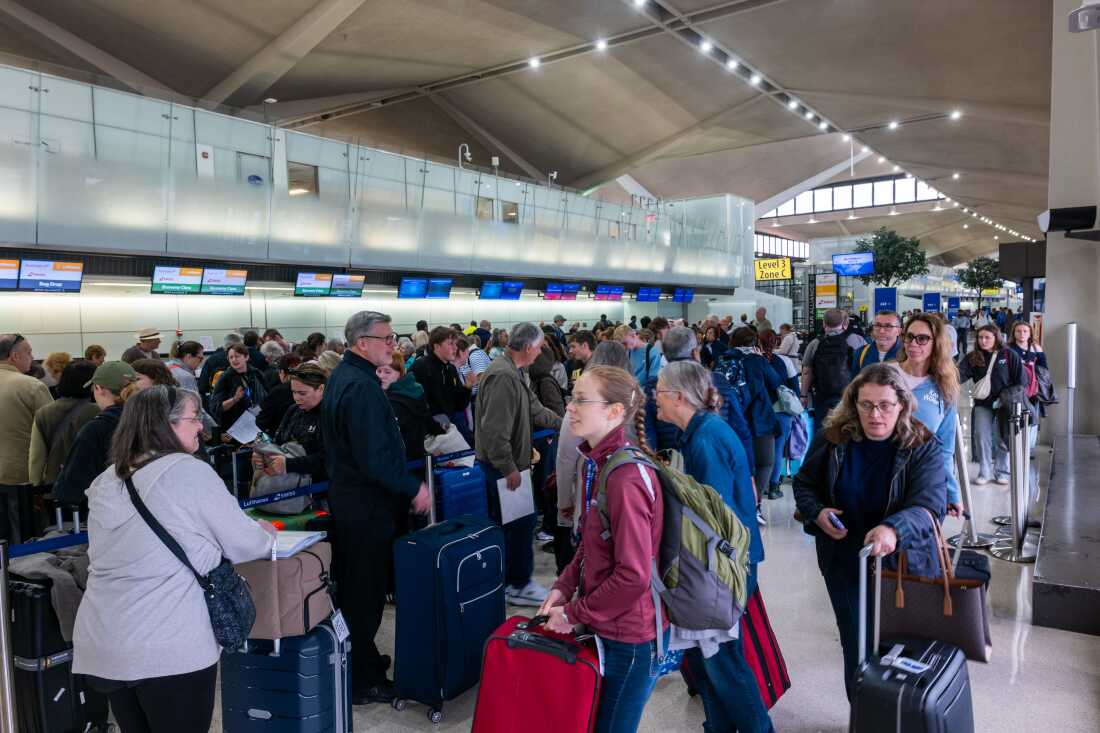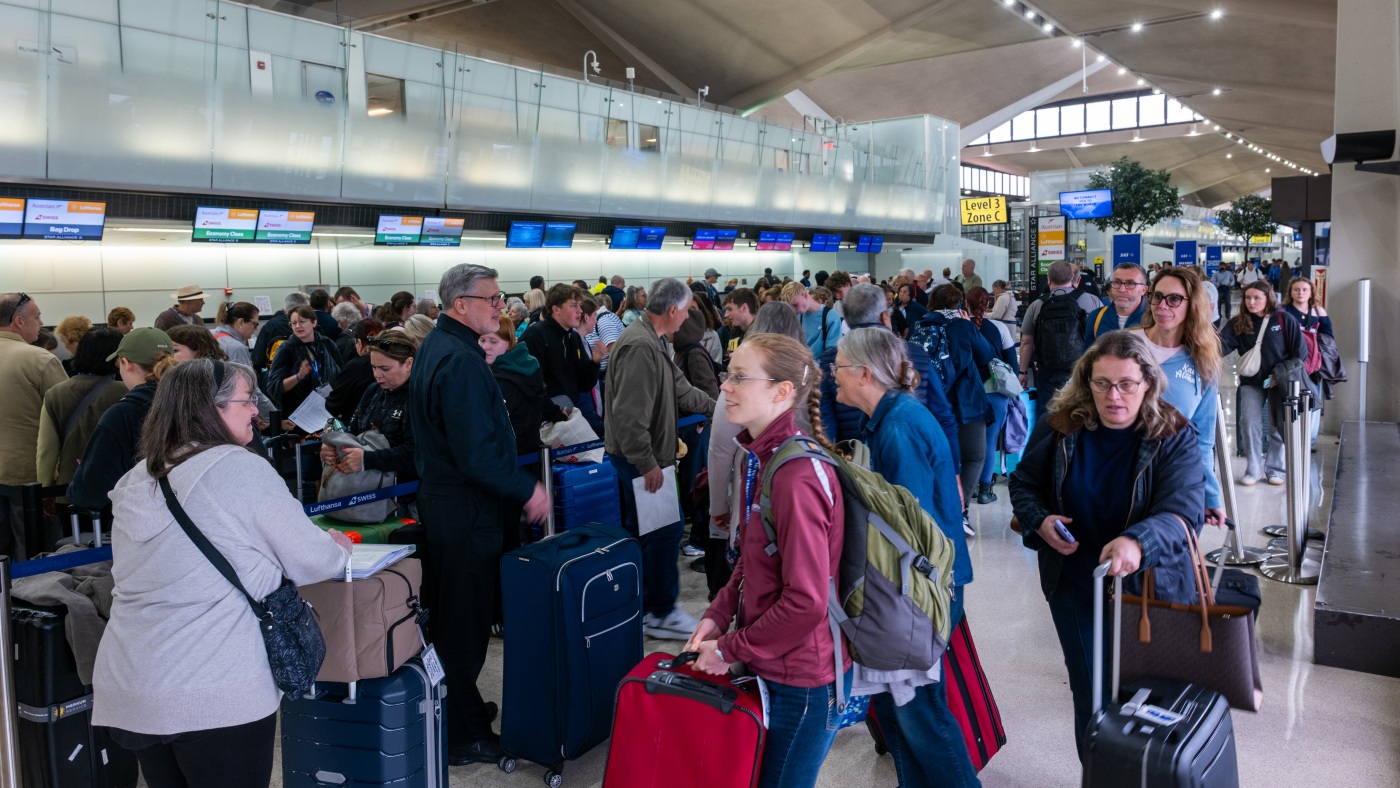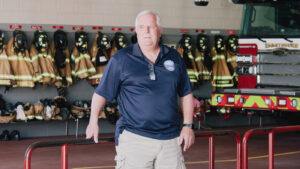Flight Delays and Cancellations Plague Newark Airport Amid Multiple Challenges
Amidst a flurry of delays and cancellations at Newark Liberty International Airport, passengers are expressing their frustrations, while top officials call for urgent investigations and reforms. This chaotic scene is rooted in a complex web of issues, including staffing shortages, outdated technology, and adverse weather conditions.

The recent disruptions at one of the nation’s busiest airports have prompted Senate Minority Leader Chuck Schumer to call for an investigation. On social media platform X, Schumer demanded a “full Inspector General investigation into what happened at Newark” to prevent the escalation or spread of these problems to other airports.
Newark Liberty International Airport has been hit by a series of setbacks, including air traffic controller shortages, aging infrastructure, inclement weather, and the temporary closure of a major runway. On Monday, the airport experienced 424 delays and 160 cancellations, according to FlightAware. These numbers persisted into Tuesday, with 340 delays and 114 cancellations recorded.
To address the mounting delays, the Federal Aviation Administration (FAA) introduced a new ground delay program, estimating arrival delays of over four hours by the afternoon.
Understanding the Issues at Newark
The challenges at Newark are compounded by the closure of its busiest runway for repairs and the longstanding shortage of air traffic controllers. This shortage has been a nationwide issue, exacerbated by incidents such as the tragic midair collision near Ronald Reagan Washington National Airport, which highlighted the critical need for improved air traffic control systems.
Adding to the concerns, a recent incident involved air traffic controllers losing radar and communication with an aircraft for a brief but alarming duration. This has raised questions about the reliability of current technology, which experts like Hassan Shahidi, CEO of the Flight Safety Foundation, emphasize is vital for safe airspace management.
Tackling Technology and Staffing Challenges
The FAA is actively working to address these challenges. Transportation Secretary Sean Duffy announced initiatives to recruit and retain more air traffic controllers. However, aviation safety consultant Jeff Guzzetti pointed out that modernizing the infrastructure remains a critical need, as current equipment quickly becomes obsolete.
Efforts to update systems and increase staffing are ongoing, but resolving these issues will take time. The FAA’s recent proposal for a new air traffic control system, signed off by President Trump, aims to address the outdated technology, which Duffy criticized as being 25 to 50 years old.
Passenger Safety and Travel Tips
Despite the disruptions, aviation experts assure that passenger safety remains uncompromised. The FAA continues to prioritize safety by managing airport capacity through delayed arrivals and, where necessary, cancellations.
Travelers are advised to stay informed about potential disruptions and consider alternative routes. Sean Cudahy from The Points Guy suggests checking airline websites for advisories or exploring direct flights to avoid connections through Newark. Passengers also have the right to a full refund if flights are significantly delayed or canceled, provided they don’t accept rebooked flights.
This article was originally written by www.npr.org







Be First to Comment